Everything you should know about Narcissist’s Fury
“I don’t know.
I don’t know.
I don’t know where I’m a-gonna go
when the volcano blow…”
Jimmy Buffett
Extreme narcissistic abusers are infamous for exploding their wrath and fury on romantic partners/family members/colleagues, as a result of incurring a significant narcissistic injury.
Related: Signs a Narcissist is Playing Mind Games With You
When presented with a (generally reasonable) boundary, limit, or criticism, narcissistic individuals who fall closer on the spectrum to NPD (Narcissistic Personality Disorder) or its more extreme cousin, malignant narcissism, will react with profound rage. What other (non-personality disordered) individuals perceive as a healthy boundary, request, or constructive criticism is interpreted (irrationally and illogically) by the narcissist as an egregious assault on their very fragile, vulnerable ego.
Many overt narcissists present with false bravado in such a way that their cowboy swagger/diva cattiness would likely not betray their vacuous inner psyche. However, to the close observer (or the significant other/family member/colleague) of the extreme narcissist, the arrogant, all-knowing facade is just that…a precariously balanced false mask trembling with the uncertainly of imminent toppling or worse yet, complete demise.
The annihilation of the false self mask directly exposes the vulnerable, wounded true self within. For a narcissist, their true self is splintered, fractured, shattered…a fossilized mosaic pieced together from the shards of narcissistic supply sources.
As a result of severe emotional abuse and neglect during the formative years, the narcissist’s core identity is that of shame. To expose their shame is to face the horror of feeling like a psychic black hole, amounting to rendering the narcissist non-existent.
To survive such emotional obliteration, the narcissist affixes a false mask(s) to function in the outer world amongst non-personality disordered individuals. As long as the narcissist’s sources of NS (narcissistic supply) are providing adequate infusions of positive and negative fuel, the narcissist percolates onward, topping him/herself off with the lifeblood of unknowing others.
Related: Is Your Partner A Sociopath Or A Narcissist?
If you are the unfortunate individual on the receiving end of the narcissist’s fury, you will likely feel shocked and dismay at the sudden pyroclastic flow of fury steaming before your eyes.
Often a narcissist’s reaction to criticism, rejection, or even a gentle boundary looks like verbal abuse, slander, silent treatment, gaslighting, projection, threatened abandonment, cyber-stalking, and sometimes physical abuse in more extreme circumstances.
For those caught in the web of a romantic relationship with a narcissist, the resulting narcissist’s fury from abuse and injury is most often expressed via emotional and psychological abuse, as stated above.
Related: How to Emotionally Hurt A Narcissist, The Way They Hurt You
Obviously, safety is of paramount importance to survivors of narcissistic abuse. If you feel afraid for your physical safety, immediately leave the premises and contact your local police and/or security department.
Furthermore, the presence of narcissistic rage cycles cues the survivor into the limitations of their narcissistic significant other as relates to lacking the essential qualities of accountability, compromise, empathy, vulnerability, integrity, and authenticity.
A typical pattern of the narcissistic romantic relationship cycle is that of idealize/devalue/discard/hoover-re-engagement/repeat cycle. Following the expression of the narcissistic rage, extreme abusers will often embark upon the silent treatment or may move to discard their significant other.
It is only after experiencing witnessing firsthand that their perfect knight in shining armor/princess was really just a manipulative actor (and very studied in the art of love-bombing), that the survivor becomes acquainted with the facade so firmly affixed to the narcissist.
It is devastating to the survivor of narcissist’s fury to come to the realization that their significant other did not authentically love them on a mature level and likely does not have that capability.
Lacking empathy, vulnerability, and a strong core sense of self, a narcissist is not able to love in any mature and healthy fashion. Sadly, anger, rage, jealousy, depression, and anxiety are the common emotions that exist bubbling beneath the surface of the false mask.
It is incumbent upon romantic partners to truly awaken to breaking the trauma bond with their narcissistic loved one.
Future cycles will elongate and intensify the devalue and discard stages, further creating emotional harm to romantic partners.
For the health and safety of the survivor, it is best to sever the relationship with the abuser, go No Contact (or Limited Contact if the partner shares children or a business), and obtain trauma-informed psychotherapy with a trained and qualified helping professional. Abuse is not okay in any form, nor is it the fault of the survivor.
Recovery from narcissistic abuse is a sure thing when survivors connect with compassionate and competent healers, safe social supports, and do the work to reclaim healthy boundaries, fortify self-confidence and self-care, and heal the traumatic loss.
With help and motivation, a survivor will escape the narcissist’s fury and move on to create a healthy circle of support, soaring again in the next chapter of their lives.
Originally appeared on ANDREA SCHNEIDER, MSW, LCSW
Contributed by the author.


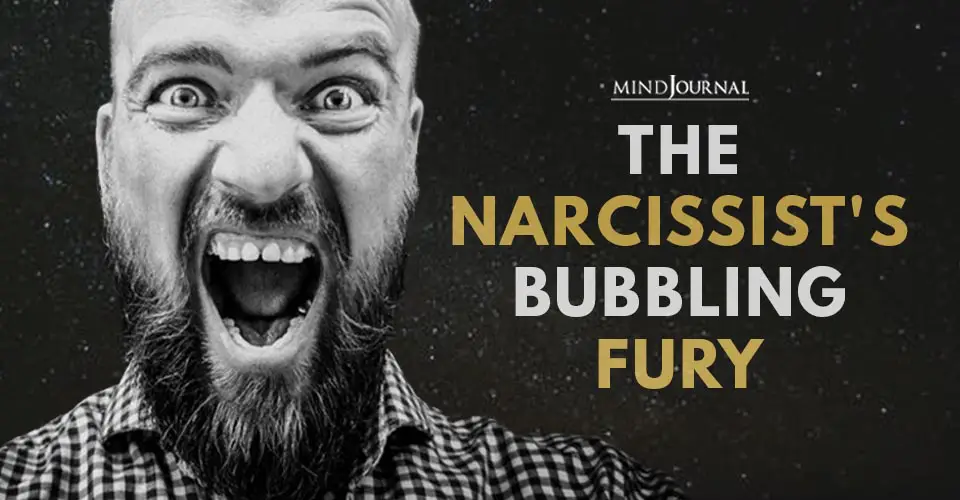

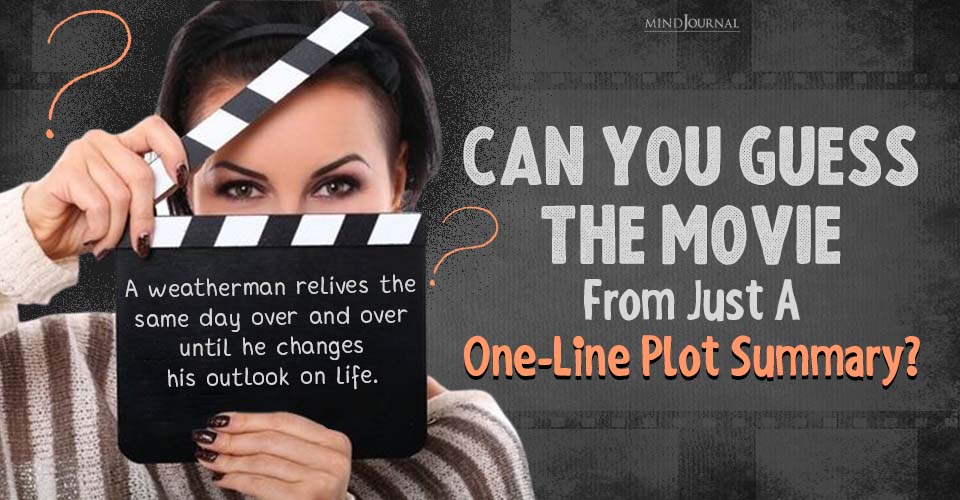
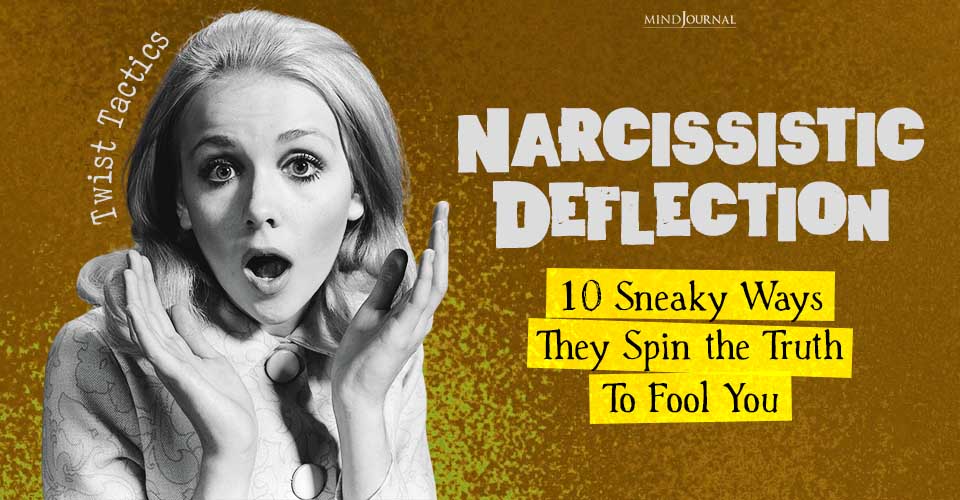
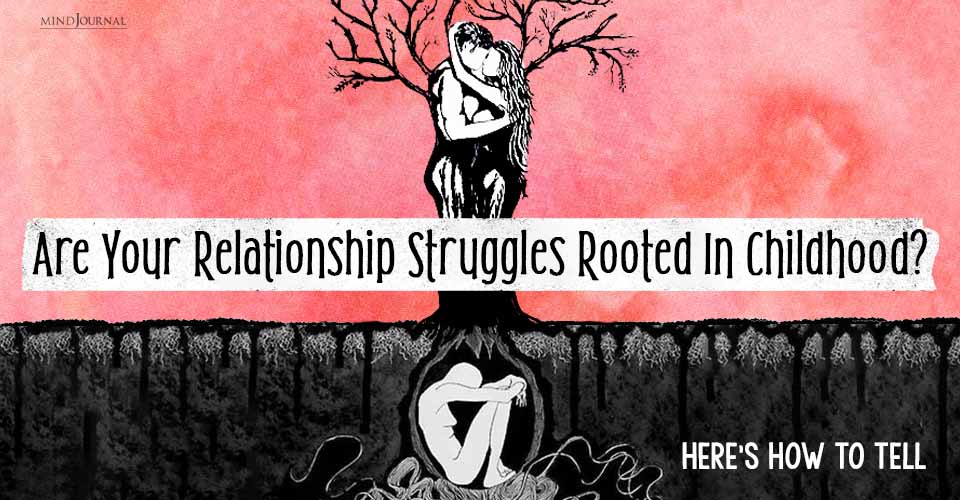

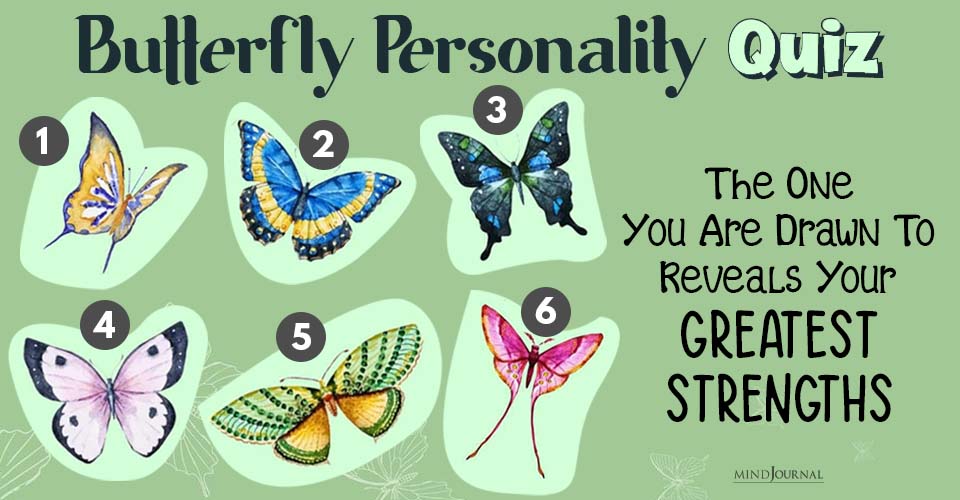
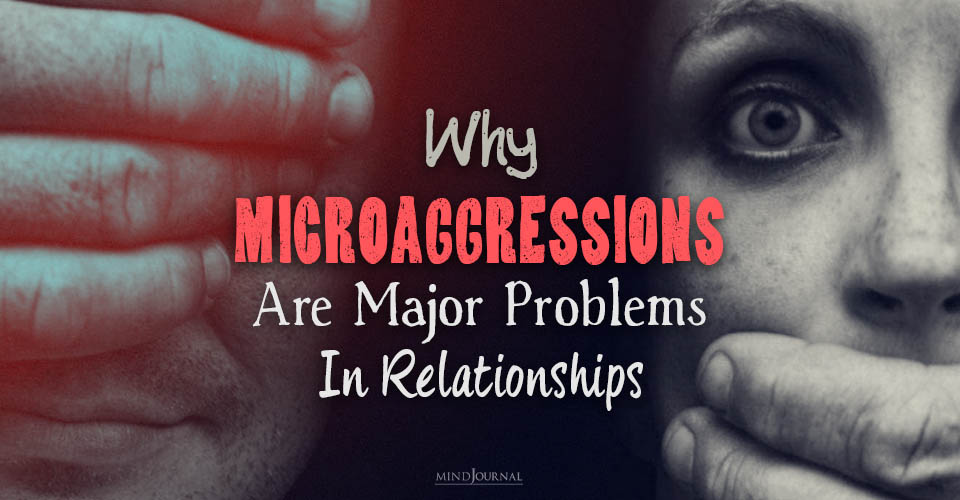





Leave a Reply
You must be logged in to post a comment.